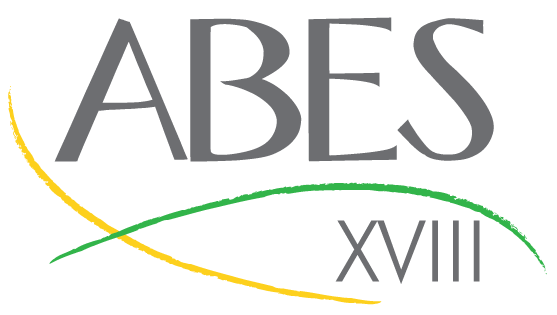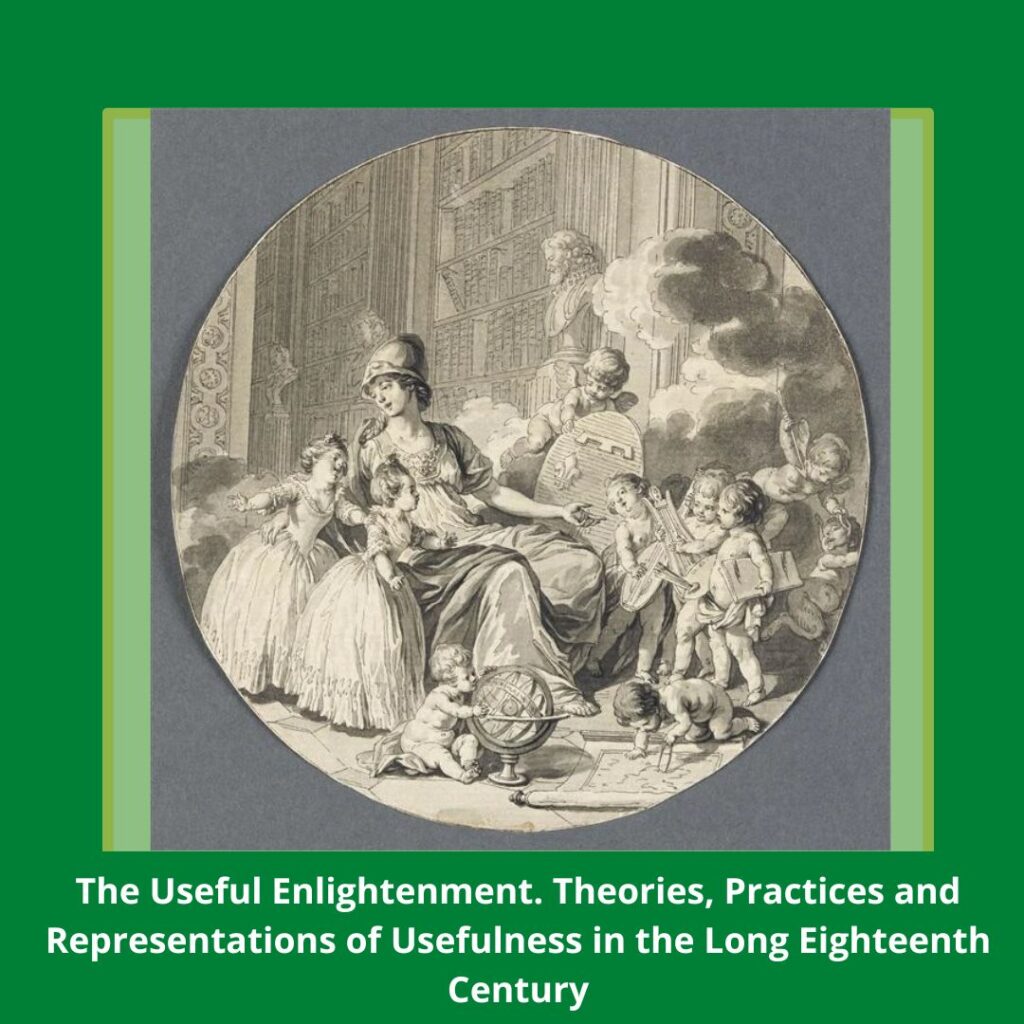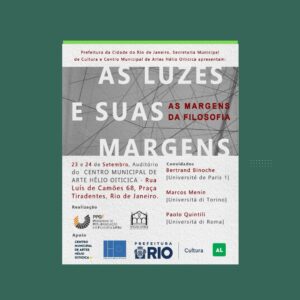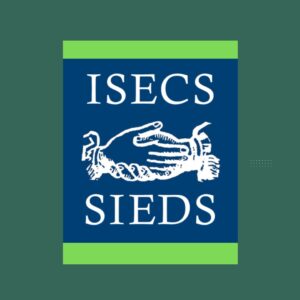The Useful Enlightenment
Theories, Practices and Representations of Usefulness in the Long Eighteenth Century
Conference to be held at the Interdisziplinäres Zentrum für die Erforschung der Europäischen Aufklärung (IZEA),
Martin-Luther-Universität, Halle-Wittenberg, Germany
26-27 June 2025
Organised by Jean-Alexandre Perras, Humboldt Research Fellow
What’s the use? is often the very first question asked of a scientific endeavour. Indeed, the notion of utility has come to dominate our understanding of knowledge in the humanities as well as in the practical and fundamental sciences. It also furnishes the criterion by which we regularly assess the relevance of scientific research, where utility is often linked to potential applications and their economic benefits. This close relationship between knowledge, utility, technological improvement and economic advantage dates back to the Enlightenment. This period saw not only the flowering of reason and human rights but also the beginning of the industrial exploitation of natural resources and the development of the logistical and economic infrastructures necessary to profit from the forced labour of displaced populations. As this conflict suggests, the question of utility has never had a simple answer, insofar as it requires us to consider for whom something is useful and to what ends.
Proposals, including an abstract and a short biography and list of publications, should be sent by 31 December 2024







